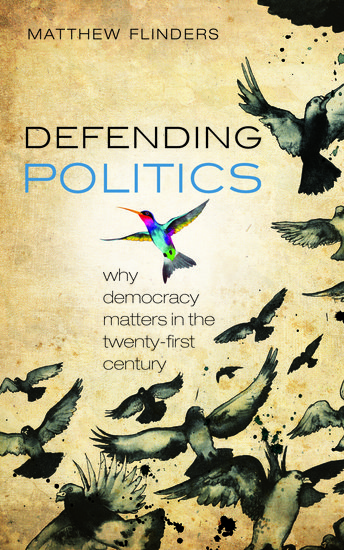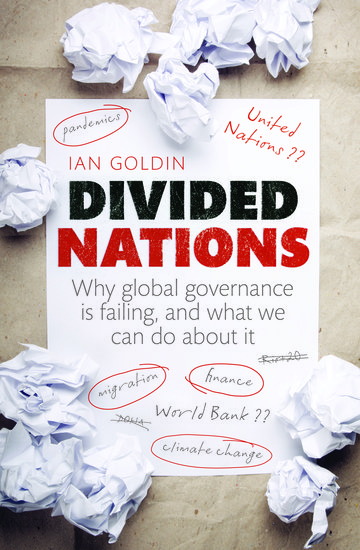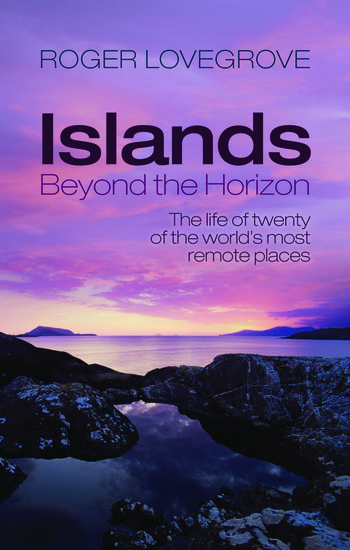The European Union: debate or referendum?
Simon Usherwood
To the casual observer of British politics, we would appear to be heading towards a referendum on the UK’s membership of the European Union (EU). The Prime Minister has spoken for it, the clamour in the press and in the lobbies of Westminster continues to grow stronger and there is no good reason to speak against it, or so it would seem.















